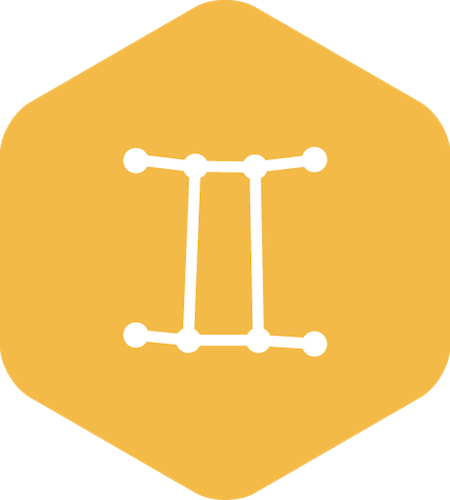Similar plugin for Craft CMS 3.x
Similar for Craft lets you find elements, Entries, Categories, Commerce Products, etc, that are similar, based on... Other related elements.

Related: Similar for Craft 2.x
Requirements
This plugin requires Craft CMS 3.0.0 or later.
Installation
To install the plugin, follow these instructions.
Open your terminal and go to your Craft project:
cd /path/to/projectThen tell Composer to load the plugin:
composer require nystudio107/craft-similarInstall the plugin via
./craft install/plugin similarvia the CLI, or in the Control Panel, go to Settings → Plugins and click the “Install” button for Similar.
You can also install Similar via the Plugin Store in the Craft AdminCP.
Similar Overview
Similar is a Craft CMS 3 port of the Similar for Craft 2.x plugin by André Elvan.
Below is the original README.md (with minor edits to reflect changes due to the port to Craft CMS 3):
Using Similar
The plugin has one template method, find, which takes a parameters object with two required parameters, element and context. To find entries that are similar to entry, based on its tags in the Tagtag field entry.tags:
{% set similarEntriesByTags = craft.similar.find({ element: entry, context: entry.tags }) %}
<ul>
{% for similarEntry in similarEntriesByTags %}
<li>{{ similarEntry.title }} ({{ similarEntry.count }} tags in common)</li>
{% endfor %}
</ul>There is also a third, optional parameter that you probably would want to use most of the time, criteria. criteria lets you create the base ElementQuery that Similar will extend, giving you the ability to use all of Craft’s usual goodies for your queries. If you’d want to limit the number of entries returned (good idea!), you could do it like this:
{% set limitCriteria = craft.entries().limit(4) %}
{% set similarEntriesByTags = craft.similar.find({ element: entry, context: entry.tags, criteria: limitCriteria }) %}
<ul>
{% for similarEntry in similarEntriesByTags %}
<li>{{ similarEntry.title }} ({{ similarEntry.count }} tags in common)</li>
{% endfor %}
</ul>Since the criteria is an ElementQuery, you can tailor your results set to narrow in on one section of content, or force an association with a particular category, tag, etc. Expanding on the limitCriteria variable above, these would all be possibilities:
{% set limitCriteria = craft.entries().section(['recipes','ingredients']).limit(4) %}
{% set limitCriteria = craft.entries().myField(':notEmpty:').limit(4) %}
{% set limitCriteria = craft.entries().type('vlogEntry').limit(8) %}The supported element types are Entry, Asset, Category, Tag, User and Commerce_Product. If you miss one, send me a feature request.
The context parameter takes either an ElementQuery, or a list of IDs. To find similar entries based on an entry’s tags and categories, you could do:
{% set ids = entry.tags.ids() | merge(entry.categories.ids()) %}
{% set limitCriteria = craft.entries().limit(4) %}
{% set similarEntriesByTagsAndCategories = craft.similar.find({ element: entry, context: ids, criteria: limitCriteria }) %}The returned model will be an extended version of the model of the element type you supplied. In the above examples where similar entries are returned, a SimilarEntry which extends Entry will be returned, giving you all the methods and properties of Entry in addition to count which indicates how many relations the entries had in common.
Matrix gotcha
Similar will not take relations inside Matrix blocks into account.
Brought to you by nystudio107.com




